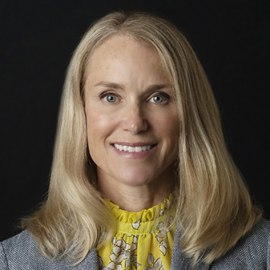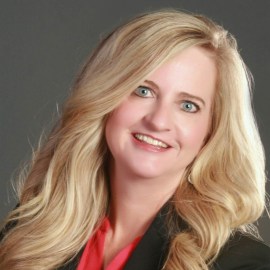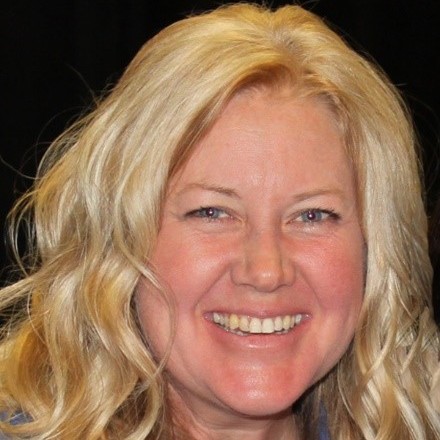An overview of the principles, structures and processes that are a part of successful multi-generational family enterprises. This session will also offer tips on how to get the most out of the conference experience.
Harmony and communication within the family are critical components to a strong family business. This session will discuss strategies for a harmonious family dynamic and focus on what works and what doesn’t.
This session will review best practices for family constitutions, mission and values statements, shareholder agreements, buy/sell agreements and more, with examples that work and can be adapted by attendees.
How do you get and keep family members involved and engaged in a way that helps both the family and the business? Inclusivity, transparency and accountability can be powerful . And these can be fostered in a variety of ways, including through a family council. This session will discuss strategies for family members to get involved, strengthen ties with their cousins and learn about the business.
Navigating the Personal Planning Process in Preparation for Business Transition. Moderated by Frieda Rakhan from Fifth Third.
While it may seem like the last box to check, personal preparation well in advance of a transition can optimize financial and business outcomes. That remains true whether the transition involves a sale to an outside buyer, passing to the next generation of family, or selling to employees. Business owners owe it to themselves, their family, employees, and customers to plan ahead. Yet, many owners find themselves not knowing how to carry out exiting their business, because the process seems overwhelming, and they simply don’t know where to begin.
Business transition planning is a process, not an event. It’s simply good business strategy, and with it, owners can make the most of their life’s work.
Questions to be discussed:
- What is business transition planning?
- How soon should business owners start planning?
- Regardless of where owners are in the process, what should they consider today?
- How has the sheer volume of tax reform proposals in 2021 impacted the planning process?
Repeated from 10:30 AM sessions
A keynote conversation with Mitchell Kaneff, 3rd generation chairman/CEO of Arkay.
Assessing and Clarifying Your Family Values: A clearly defined set of family values and supporting behaviors helps to strengthen communication, minimize conflict and guide decision-making. When it comes to successfully assessing and clarifying family values, the process is as important as the outcome. Learn the keys to achieving a more committed, cohesive and connected family through assessing and clarifying your family values.
Governance structures, in tandem with the business board, can help families prepare for succession. Panelists will discuss how governance helps ensure the family as well as the business is prepared to welcome new leadership.
Get deeper into the things that keep you up at night. Attendees who choose to participate will be organized into small groups of un-related family members, and under the guidance of an experienced family business consultant, will discuss key questions and issues that they face. Groups will be created around common questions and issues you identify in a pre-conference survey.
Those who choose not to participate in the peer groups are free to set up 1:1 meetings and network with other attendees.
Join us for a group dinner at The Rusty Pelican — a landmark , family-owned, restaurant overlooking the water. With opening remarks from John Tallichet, President & CEO, Specialty Restaurants Corp.
This nuts-and-bolts session offers tips on designing a family meeting agenda that combines education and family bonding activities and will strengthen family engagement, resulting in a “can’t miss” event that brings family members together from near and far.
How can structured family governance help a family solve its most challenging problems? Whether through a family council, owners council, foundation board or other group, family unity and harmony can be developed. What should the roles and responsibilities of these groups be? Should members be compensated? What potential pitfalls can be identified…and avoided?





















































